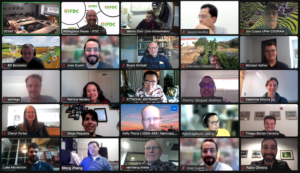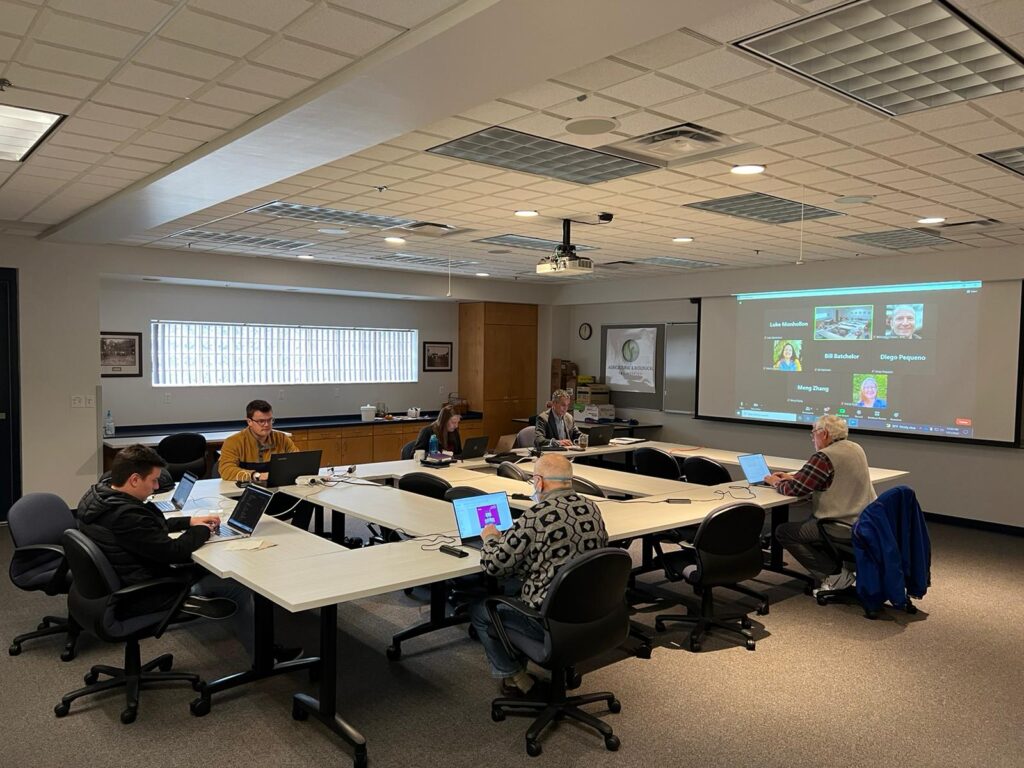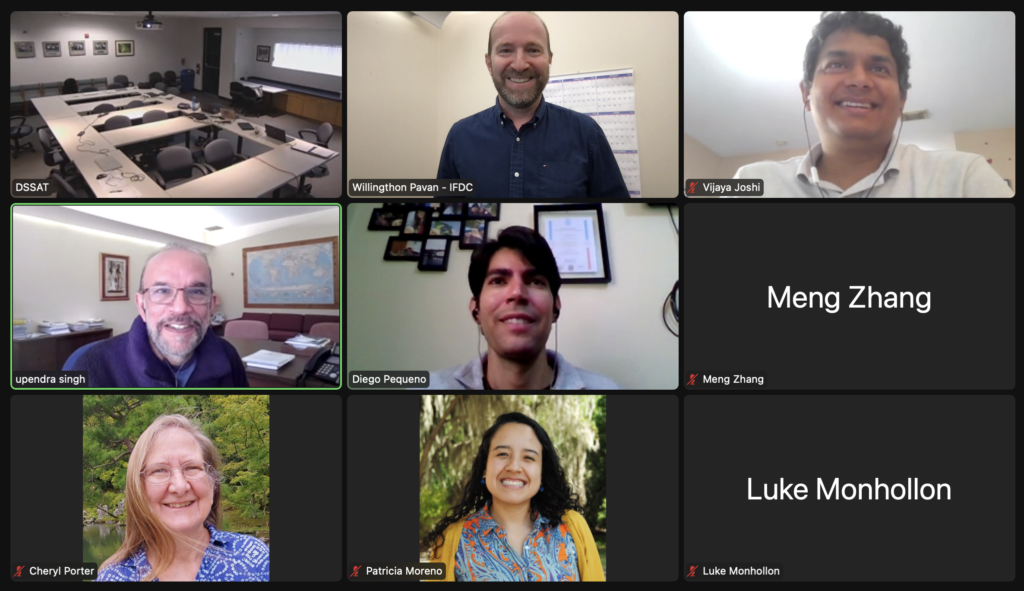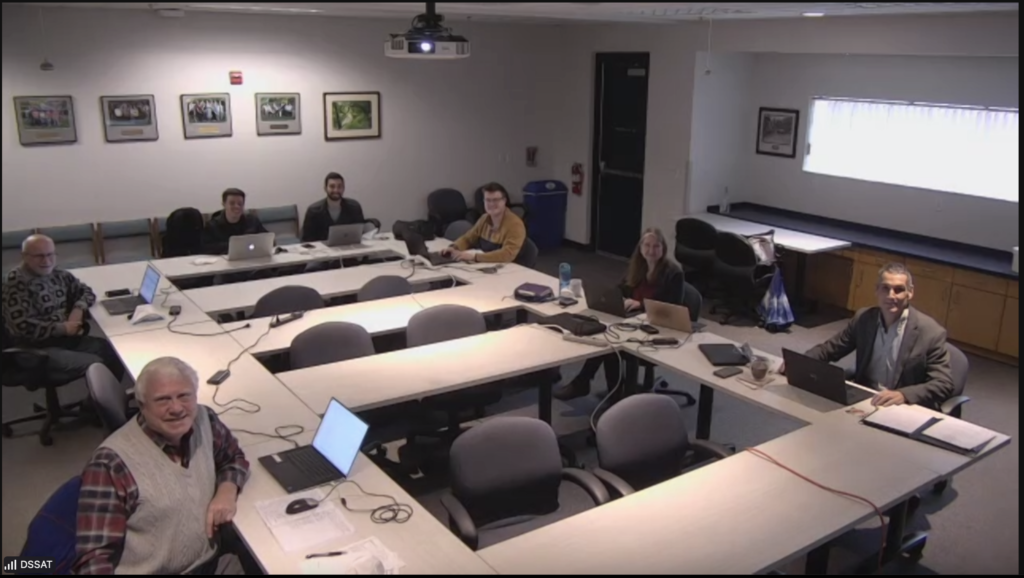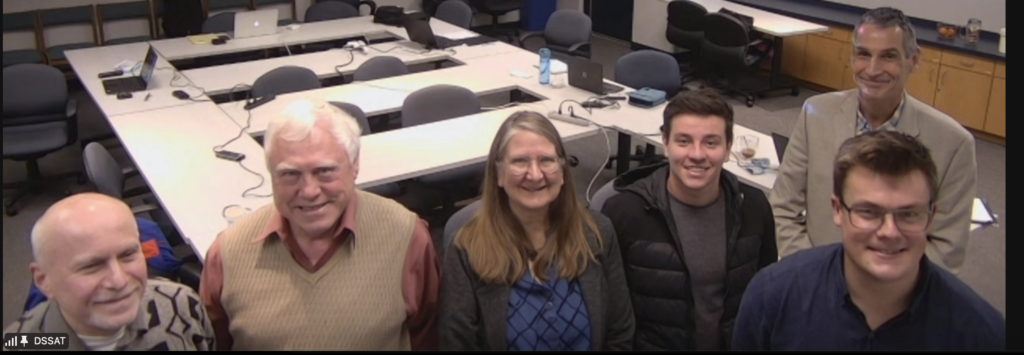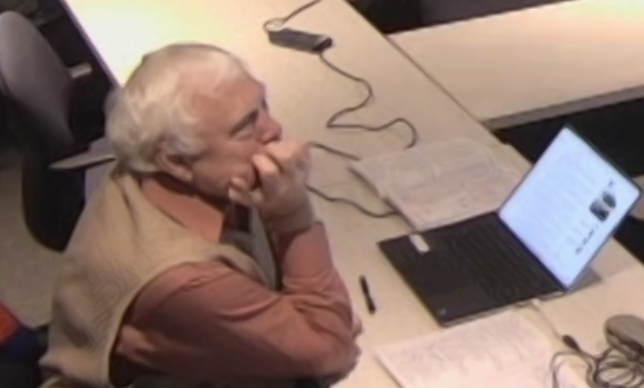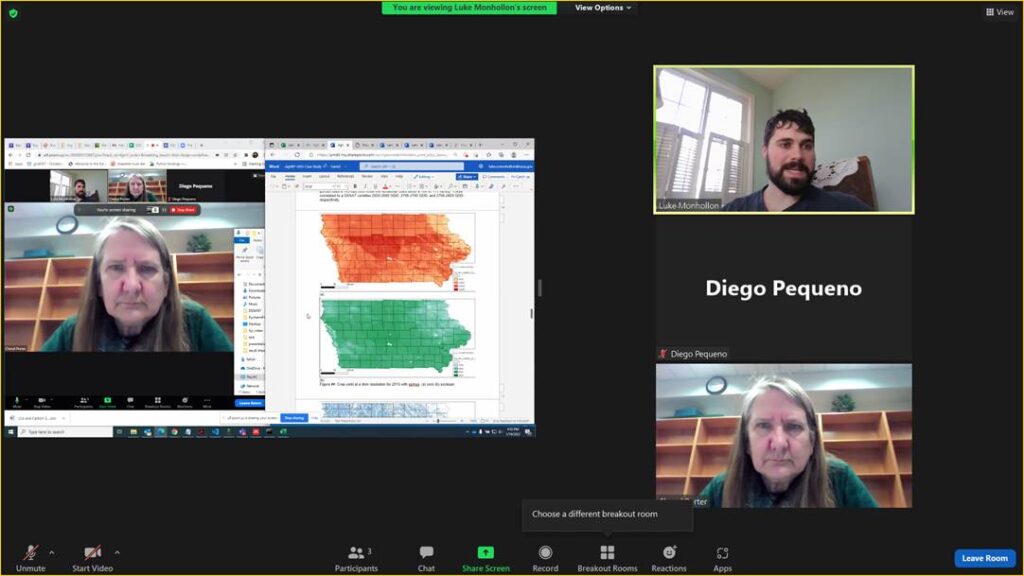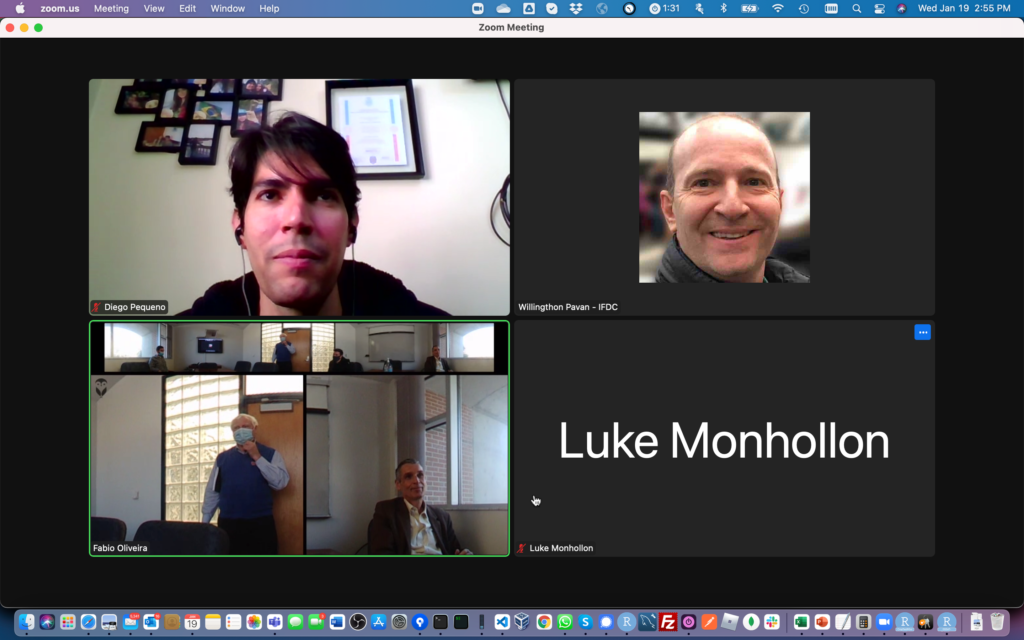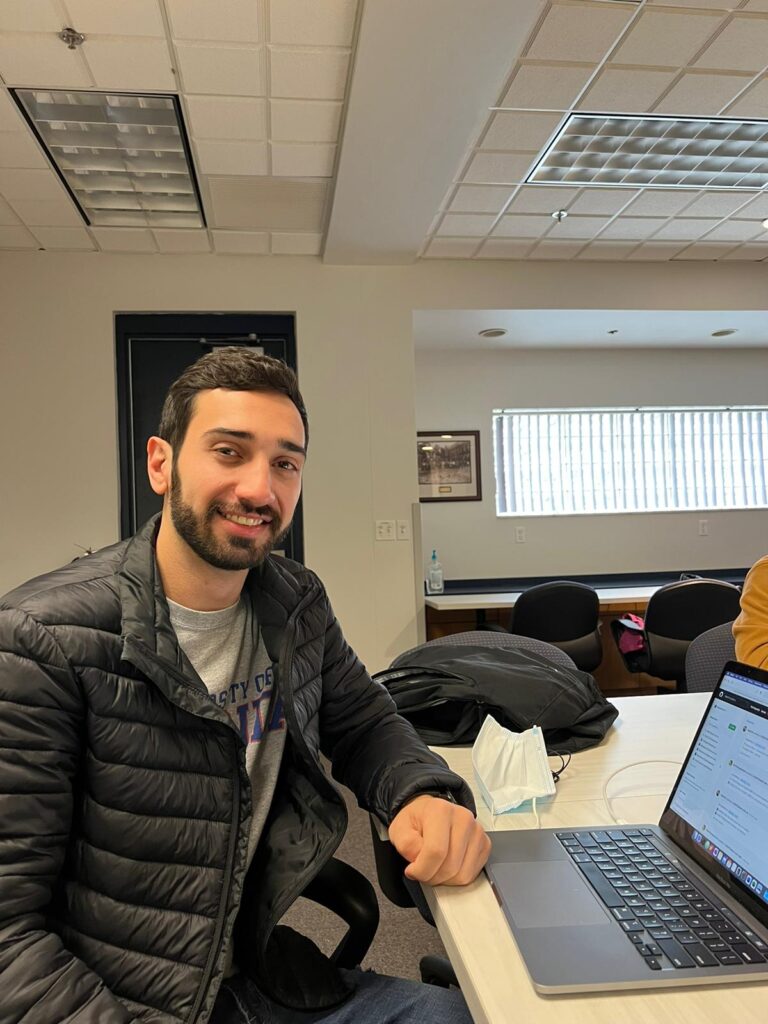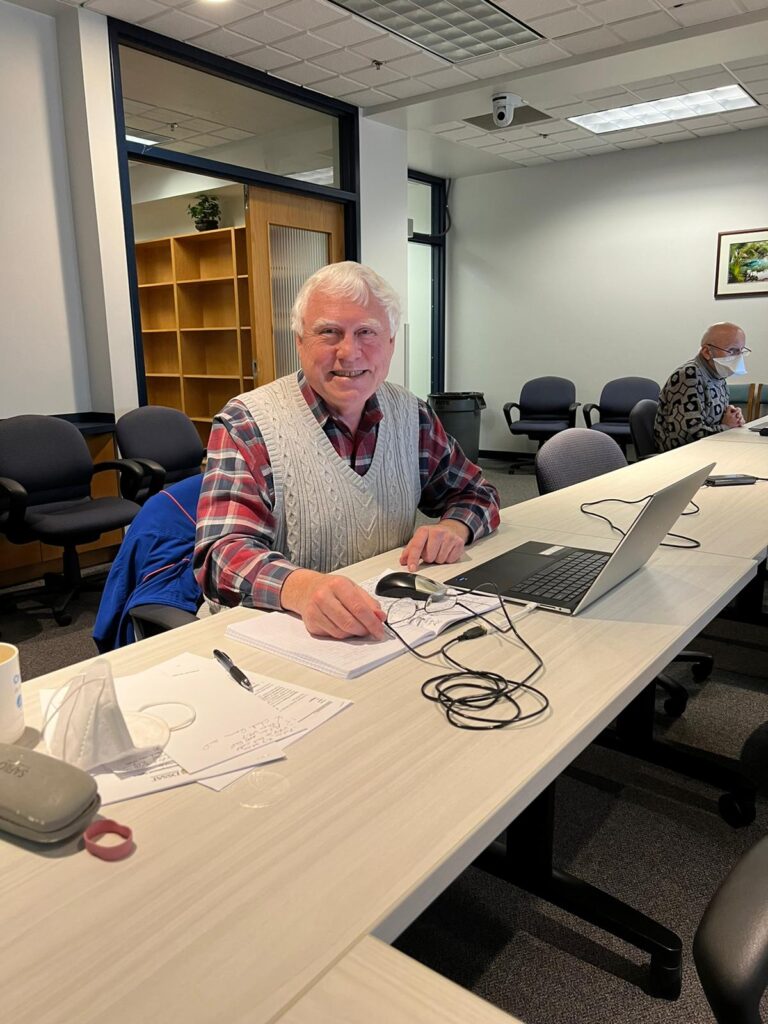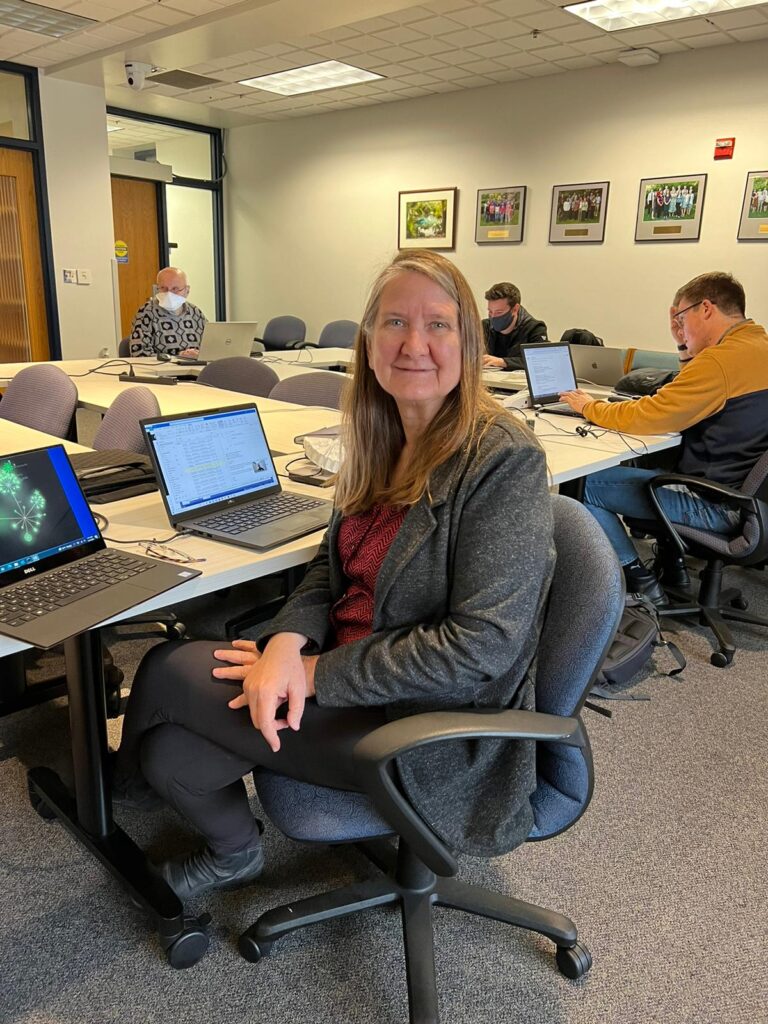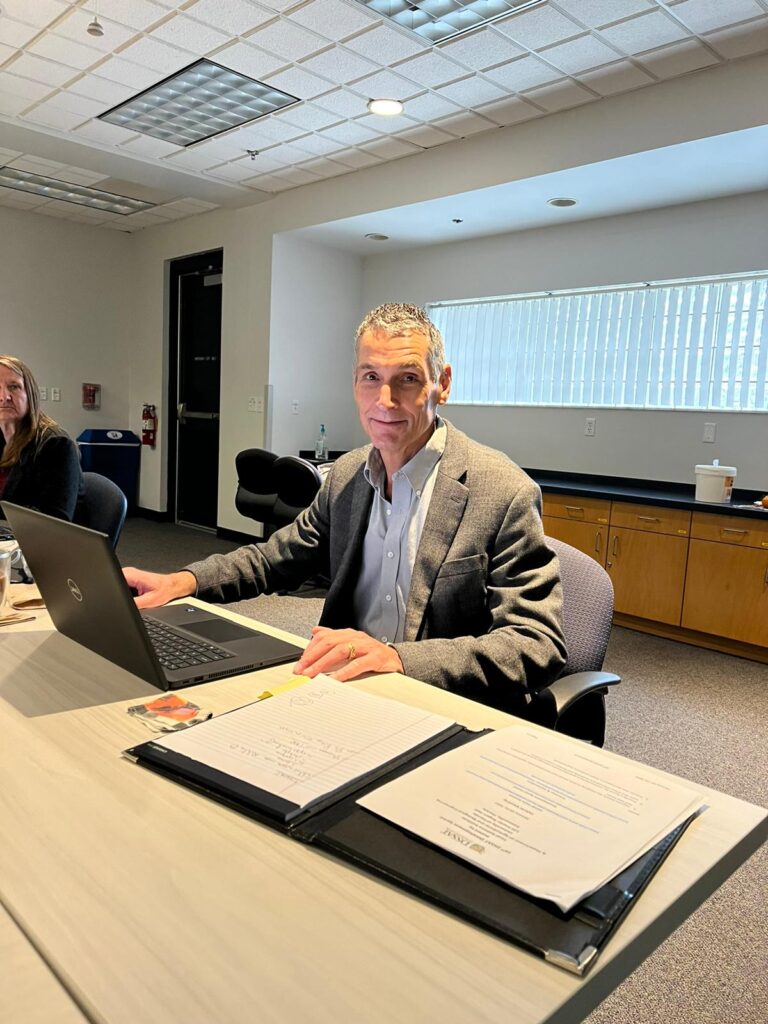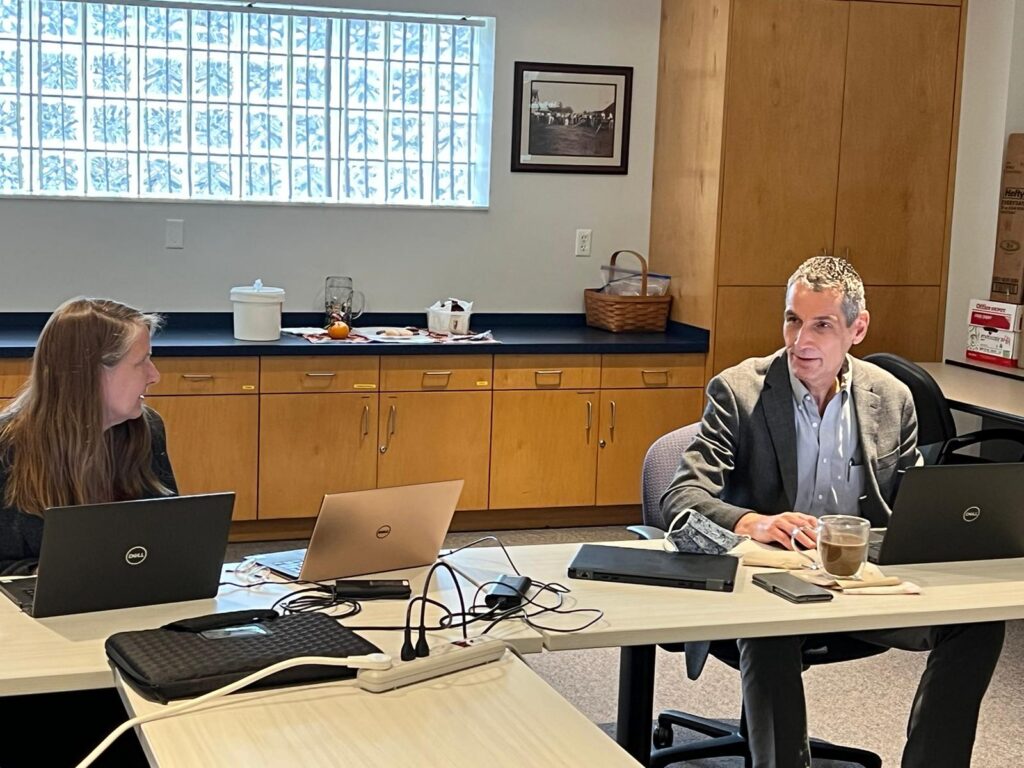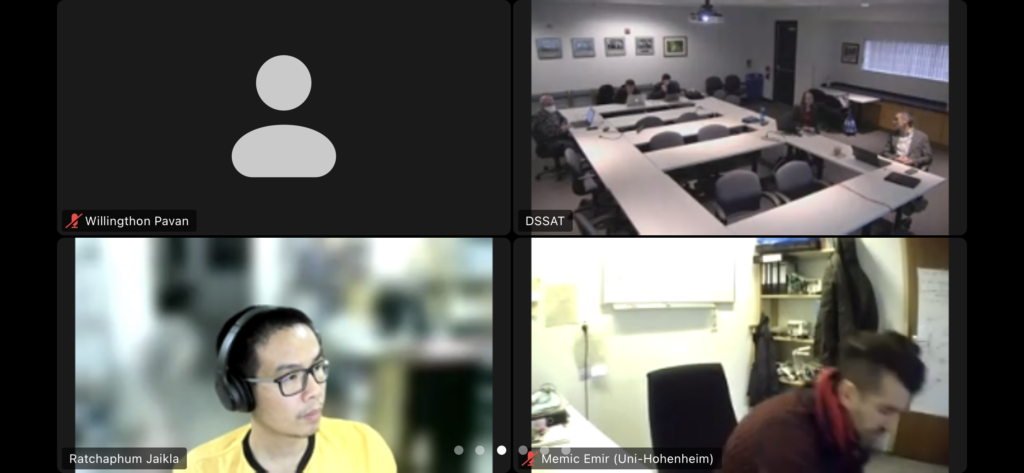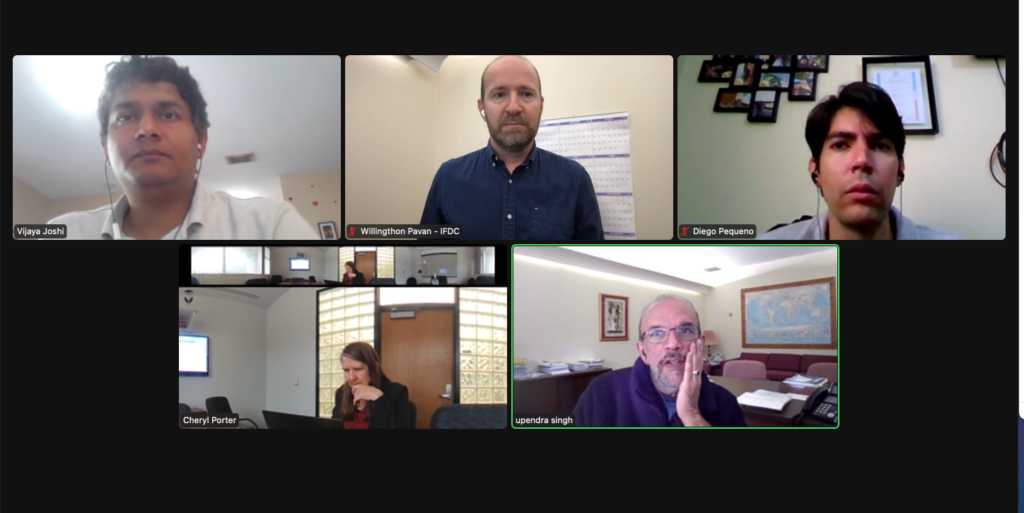During the week of January 18-21, 2022, the 16th DSSAT Development Sprint was held in a “Hybrid” format due to continuing Covid-19 Pandemic. The DSSAT Development Sprint was hosted by the Food Systems Institute and the Department of Agricultural & Biological Engineering of the University of Florida. In-person participants included six representatives from the University of Florida and one from CIMMYT, while there were around 20 on-line participants from the US, Brazil, Mexico, Thailand, Canada, Germany, Spain, and Costa Rica. This was a four-day long crop modeling hackathon during which we collaborate on advancing the science of the crop models, data preparation and analytics, and the development and improvement of crop modeling tools and application programs.
During this Hybrid DSSAT Sprint, great progress was made on finalizing the new release of DSSAT Version 4.8 as well code improvement of the Cropping System Model (CSM) and updates of the various tools and utility programs in DSSAT. There was a presentation of the next XBuild tool that is under development by colleagues at Chiang Mai University; the effect of a high water table on wheat growth, development and yield using CSM-NWheat in collaboration with the Technical University Munich and the University of Florida; the simulation of Greenhouse Gas emissions in collaboration with the International Fertilizer Development Center and the University of Florida; pest and disease interactions in collaboration with CIMMYT, Auburn University, the University of Florida; modeling of forage systems and an automatic mow methodology in collaboration with CIMMYT and the University of Florida, the improvement of the simulation of soil temperature in collaboration with USDA-ARS, Auburn University, the University of Hohenheim, and the University of Florida. There were many other activities as well, especially with respect to model improvement, calibration, and evaluation.
We appreciate the continued interest and support provided by the DSSAT community.

